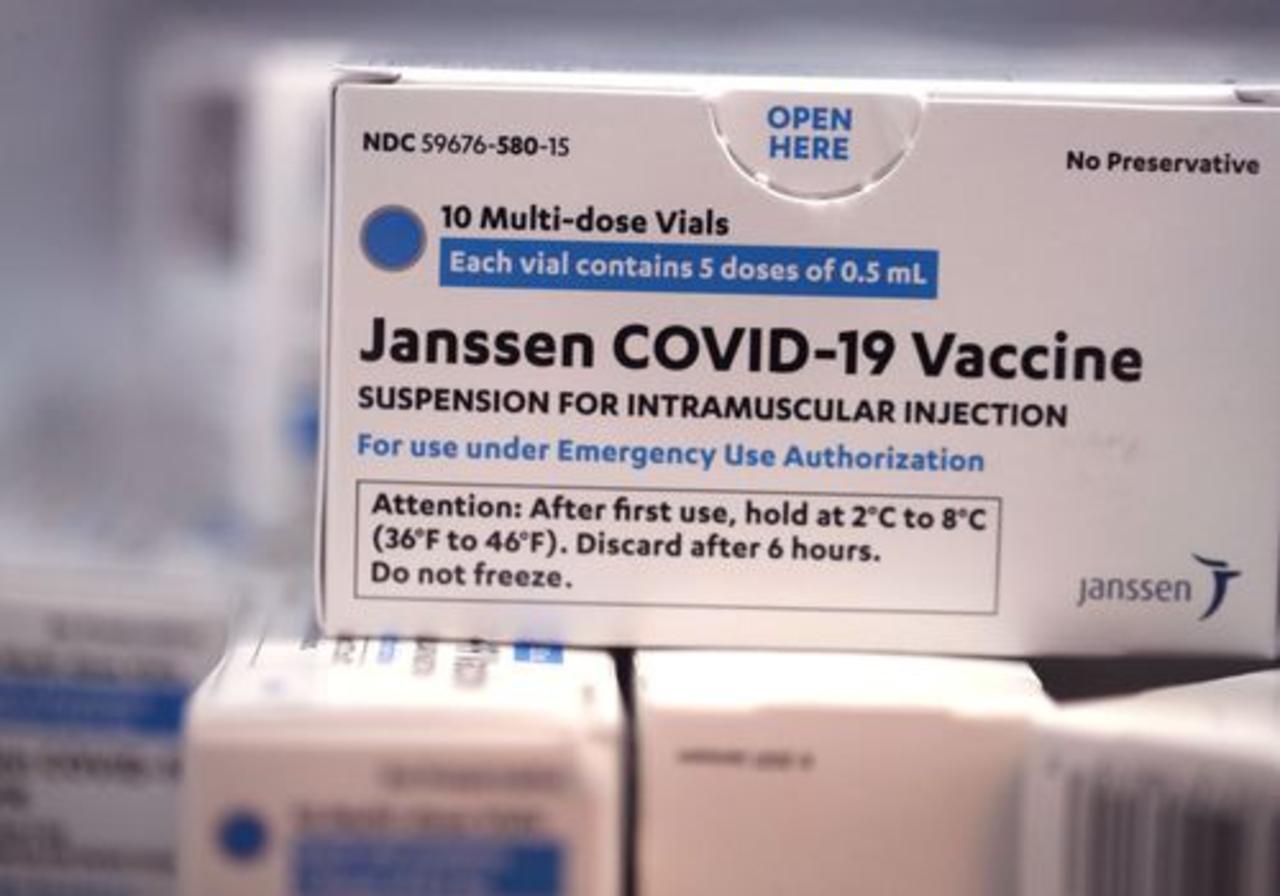
Johnson & Johnson Vaccine , Nearly 4X More Likely To , Cause Blood Clots, Study Says.
Johnson & Johnson Vaccine , Nearly 4X More Likely To , Cause Blood Clots, Study Says.
'Newsweek' reports a new study has found an increased likelihood that those who received the Johnson & Johnson COVID-19 shot were more likely to experience blood clots.
'Newsweek' reports a new study has found an increased likelihood that those who received the Johnson & Johnson COVID-19 shot were more likely to experience blood clots.
The study, conducted by the Mayo Clinic in Minnesota, shows Johnson & Johnson's vaccine is 3.7 times more likely to cause specific cerebral blood clots.
The study, conducted by the Mayo Clinic in Minnesota, shows Johnson & Johnson's vaccine is 3.7 times more likely to cause specific cerebral blood clots.
Studies previously conducted on the subject yielded inconclusive results.
Researchers say blood clots are still quite rare statistically, especially "considered in the context of the effectiveness of the vaccine in preventing COVID-19.".
Researchers say blood clots are still quite rare statistically, especially "considered in the context of the effectiveness of the vaccine in preventing COVID-19.".
The study found that chances of devoloping blood clots were immensely higher in women.
Of all demographics, associated risks were found to be highest in women aged 40-49.
Of all demographics, associated risks were found to be highest in women aged 40-49.
The rollout of the Johnson & Johnson vaccine was halted after six blood clot cases were reported.
.
The rollout of the Johnson & Johnson vaccine was halted after six blood clot cases were reported.
.
This issue was also found to occur with the AstraZeneca vaccine, which is not available in the United States.
This issue was also found to occur with the AstraZeneca vaccine, which is not available in the United States
